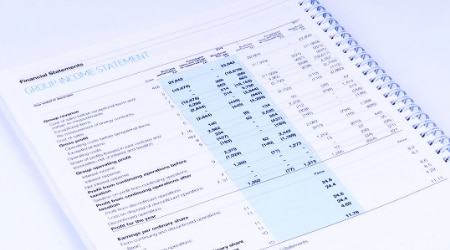There are some common myths circulating about tax audits that can cause taxpayers to fear making mistakes on their tax returns. The reality is that mistakes happen. Be honest when filing your taxes and report your data as accurately as possible. If you’re honest on your tax return, you’re unlikely to make significant mistakes, and in most cases, significant mistakes only result in further taxes or penalties.
Let’s review and dispel some common tax audit myths.
Common Myths
Myth 1: Filing an extension means you will get audited
Filing an extension doesn’t make a difference at all. Back in the days when the IRS was running a massive statistical sampling audit program, it selected random taxpayers from the entire pool of tax returns and extensions. Those tax returns were audited line-by-line and were a nightmare. After many complaints from taxpayers and Congressfolk (who were also targeted), the IRS found a better way to select tax returns for audit.
These days, the IRS looks for certain inconsistencies or ratios that stand out from the norm. The IRS doesn’t want to waste its limited resources by auditing tax returns that won’t generate any additional revenue.
Tip: Don’t worry about filing an extension. In fact, most businesses should file an extension to give themselves time to finish up accounting, and to evaluate business profits and deductions.
Myth 2: Claiming an in-home office deduction means you will get audited
When only a small percentage of the population had an in-home office, this might have been true. Today, multitudes of small businesses are started and run in the home. And many stay there for the financial benefit of not paying rent. So, using Form 8829 is no longer an audit trigger.
However, certain things will attract the IRS’s attention when you have a home office deduction. What should you avoid?
- Having a regular business address and claiming a home office deduction














